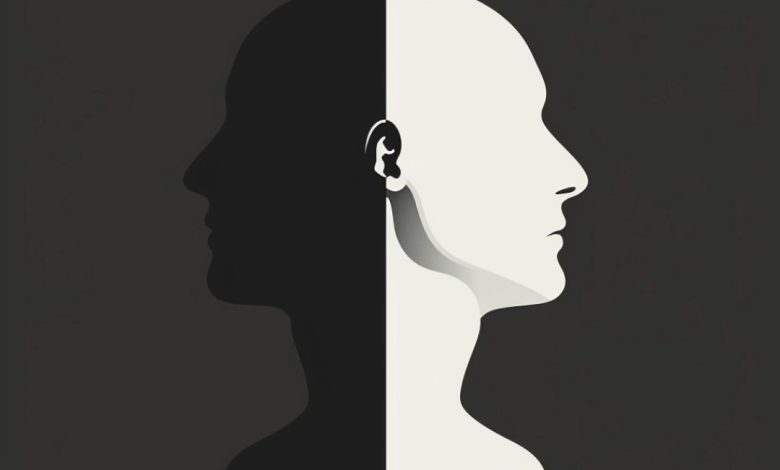The question of which MBTI types are more prone to BPD has sparked debate, fueled by the growing popularity of personality assessments. While it’s tempting to seek connection
Read More »BPD
In exploring the intricate interplay between mental health and gender identity, this article seeks to shed light on the relationship between Borderline Personality Disorder (BPD)
Read More »Borderline Personality Disorder (BPD) is a complex mental health condition characterized by intense emotions, unstable relationships, and difficulty regulating self-image. For year
Read More »BPD and anxiety, often encountered together, create a unique set of challenges for individuals. Borderline Personality Disorder (BPD) and anxiety, while distinct conditions, share
Read More »Both “Quiet Borderline Personality Disorder (BPD)” and “Complex Post-Traumatic Stress Disorder (CPTSD)” are disorders that can have a profound impact on the
Read More »Borderline Personality Disorder (BPD) is a mental health condition that affects how a person thinks, feels, and interacts with others. But… …have you heard of “Quiet BPD?R
Read More »Have you ever thought, ‘I think I might have BPD’? Borderline Personality Disorder (BPD) is a complex and often misunderstood mental health condition characterized by a
Read More »Borderline Personality Disorder (BPD) entails intense emotions, unstable relationships, impulsivity, and fragile self-image. Those with BPD struggle with mood swings, abandonment f
Read More »Distinguishing between ADHD and BPD is essential because the treatment approaches for these conditions differ significantly. While medication and behavioral therapy are effective t
Read More »









